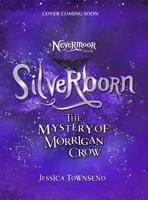Publisher's Synopsis
This historic book may have numerous typos and missing text. Purchasers can download a free scanned copy of the original book (without typos) from the publisher. Not indexed. Not illustrated. 1904 Excerpt: ...gunners they quickly silenced it and compelled the enemy to withdraw their guns far to the rear. But Carthew had no cavalry to follow them, and his skirmishers' support and right picquet having resumed their original positions, he returned with the guns to the bridge. Captain MacCrea, taking with him forty men of a company of her Majesty's 82nd to strengthen the 64th, had gone to Brigadier Wilson and directed him to advance parallel with Carthew.1 As soon as the orders reached him Wilson gave the command, and the 64th moved forward up a ravine commanded by high ground in front as well as on the right and left. From their coign of vantage the enemy poured upon them a murderous fire of musketry, and from the ridge in front four 9-pounders played upon them. But the 64th pushed on slowly, driving back by their steady fire the front line of the enemy, who disputed every inch of ground. The crest of the ridge was reached. Then, led with the unflinching zeal and boldness which the British officer displays in battle, the men charged the guns. Major Stirling fell gloriously, in front of the battery, fighting hand to hand with the enemy, of whom he killed several. Captain Murphy was shot through the heart, and seemed to bound from his saddle, falling heavily on his head. Captain MacCrea also fell dead. Captain Saunders, who after the death of Major Stirling became the senior officer present,1 dashed forward, followed by Lieutenants Parsons and O'Grady. Parsons instantly received a severe wound in his sword arm. O'Grady cheered the men on, waving his cap in the air, until he reached one of the guns, and he laid his hand on it as a token of its capture. In a second he and Saunders were engaged in a hand-to-hand combat with a host of the enemy. The men, taking up the ch...





